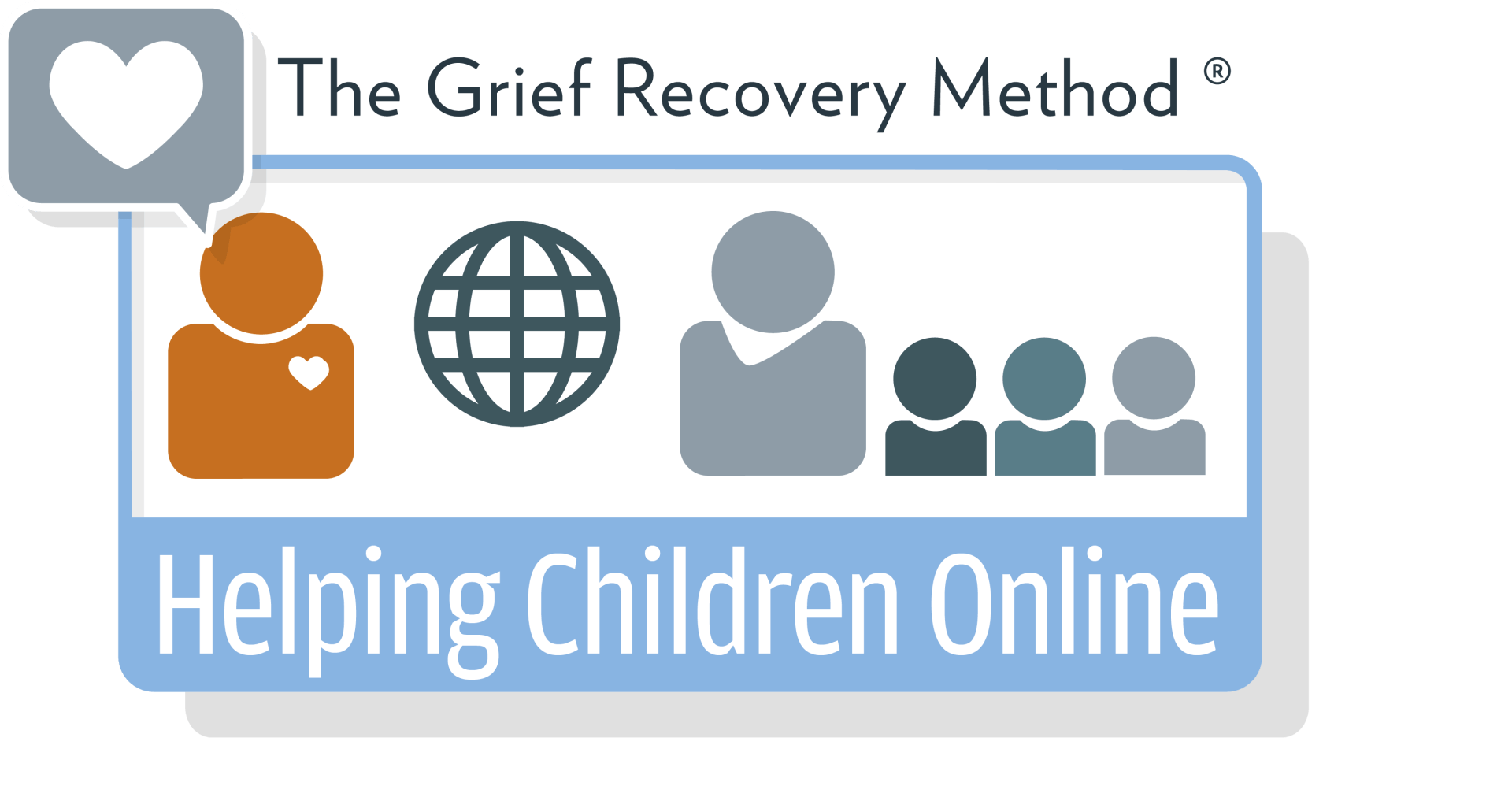No matter what our medical model or general culture believes, grief is healthy.
-- Franz Schubert --
There is no grief like the grief that does not speak.
-- Henry Wadsworth Longfellow --
The work of the artist is to express what is repressed or even to speak the unspoken grief of society.
-- Franz Schubert --
You didn't need to learn something that only disaster could teach.
-- Megan Devine --
The reality is that you will grieve forever. You will not ‘get over’ the loss of a loved one; you will learn to live with it. You will heal and you will rebuild yourself around the loss you have suffered. You will be whole again but you will never be the same. Nor should you be the same nor would you want to.
-- Elizabeth Kubler-Ross --
Encouragement to look towards the future only ignores the pain you are in right now.
-- Megan Devine--
Grief is not an obstacle. Never let anyone convince you there's something wrong with your grief.
-- Tim Lawrence --
Grief is a sane response to the physical loss of someone, or something you love.
-- Megan Devine --
Perhaps one day we'll be more shocked when a heartbroken soul isn't expressing their grief than when they are.
-- Tim Lawrence --
“Grieving people want and need to be heard, not fixed”
-- Grief Recovery Method --
“When people say that time heals all wounds, they forget that all wounds are meant to be healed. Some wounds are merely held, caressed, acknowledged and wept for. There is nothing wrong with this”
-- Tim Lawrence--
“You want me to get over my loss? Actually it would make more sense for you to get over your need for me to get over my loss”
-- Tim Lawrence --
“We must grieve our unmet hopes, dreams and expectations"
-- Grief Recovery Method --
“We want them to stand beside us, not trying to fix what cannot be fixed, not trying to rush us out of our grief. We want them to stand there, without flinching, and acknowledge what is true: this hurts. This hurts. I’m here”
-- Megan Devine --
“Always defend your right to heal at your own pace. You are taking your time. You are allowed to take your time”
-- Rebecca Baldwin --
Healing the Loss Grief Support
Navigating your way through ...
Courage and resilience during great change

Contact
Book a free consultation by phone or Zoom. This button takes you to the scheduling link.
If you have any questions, I am here to help.
I will answer you via email within 24 hours. Please check your other folders in case the email was not recognized. Thank you.
Thank you for contacting me.
I will get back to you as soon as possible
Please try again later
Hilary Anne Scott
Advanced Certified Grief Recovery Specialist AGRS®
Certified Peer Support Specialist Canada (PSC)®
Certified Grief and Loss Support (CCF) ®
Peer Support Training Nova Scotia
First Aid/CPR Red Cross
Mental Health First Aid Canada
ASIST-Applied Suicide Intervention Skills Training
Wellness Recovery Action Plan
Fundamentals Certification (WRAP)
Family Matters Facilitation Certification
All Rights Reserved | Healing the Loss

